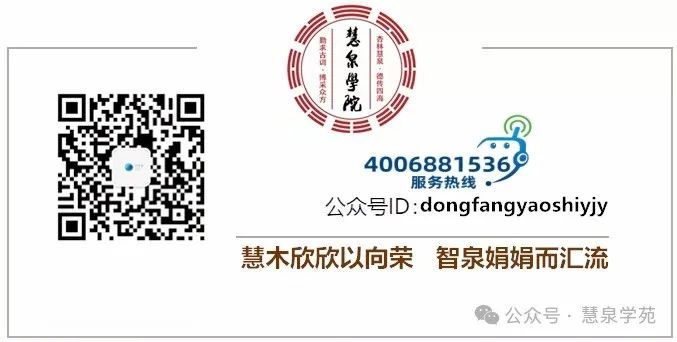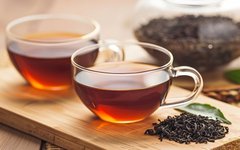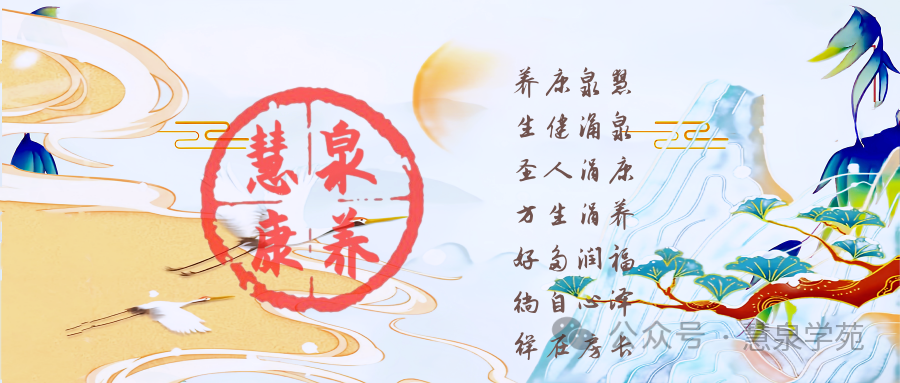
The Huangdi Neijing
Path to Health Preservation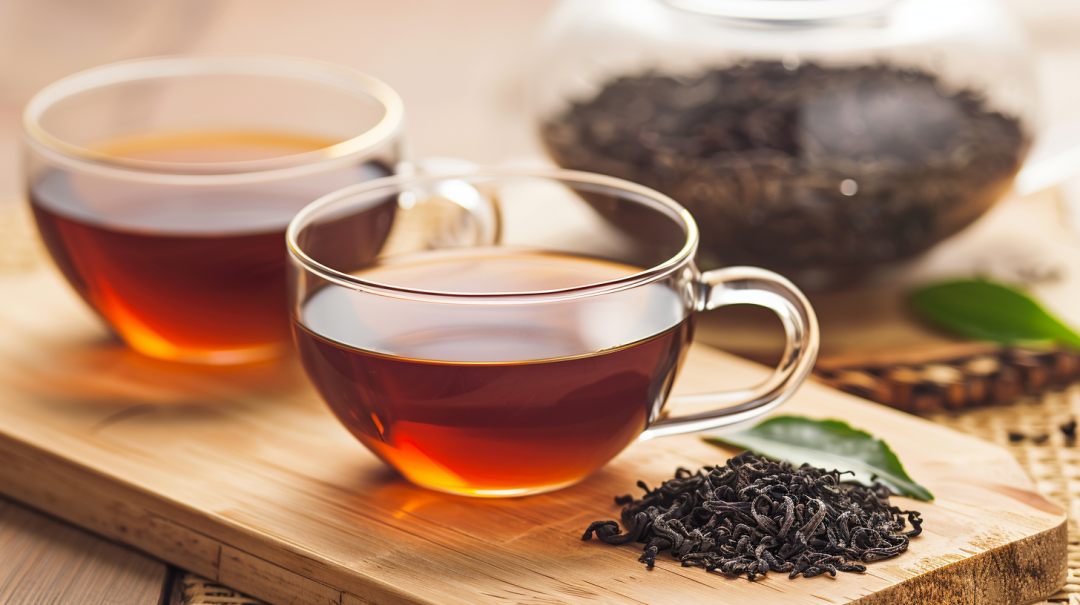 Introduction
Introduction
“Health preservation” in ancient times was also known as “nurturing life,” which refers to the maintenance of the body to prevent diseases and prolong life.
Over two thousand years ago, the Huangdi Neijing (Yellow Emperor’s Inner Canon) recorded many theories and methods of health preservation in Traditional Chinese Medicine (TCM). Today, let us explore the health wisdom found in the Huangdi Neijing.
What is the Huangdi Neijing?
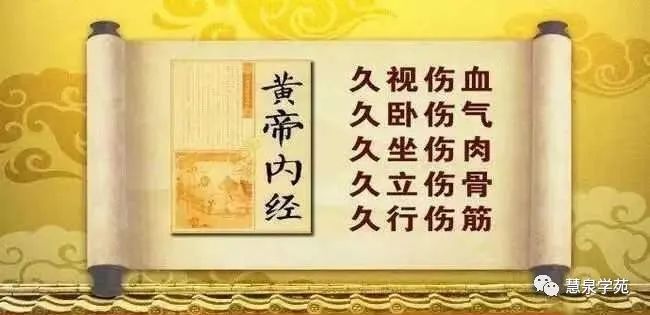
The Huangdi Neijing (abbreviated as Neijing) was compiled over two thousand years ago during the Warring States period, summarizing the medical achievements prior to the Qin and Han dynasties. The Neijing is not the work of a single author but a collective effort, with some chapters added later. The ancients attributed it to the Yellow Emperor to emphasize its importance and draw attention to it. The book primarily presents medical knowledge through dialogues between the Yellow Emperor and figures like Qi Bo and Lei Gong. The Neijing consists of two parts: Suwen (Plain Questions) and Ling Shu (Spiritual Pivot), each containing 81 chapters.
The Neijing lays the theoretical foundation of TCM, systematically discussing human physiology, the occurrence of diseases, pathological changes, treatment principles, and methods. Health preservation is also a significant aspect of the Neijing, with the first chapter of Suwen, titled “On the True Nature of Ancient People,” specifically addressing health preservation, highlighting its importance in the Neijing.
One of the goals of health preservation is disease prevention. The Neijing emphasizes disease prevention and introduces the famous theory of “treating the unmanifested disease.” Suwen · Daluo Lun states: “Therefore, the sage does not treat the already sick but treats the unmanifested disease; does not treat the already chaotic but treats the unchaotic. This is the principle. To treat a disease after it has manifested is like digging a well when thirsty or forging a tool after a fight; is it not too late?”
TCM believes that the occurrence of diseases is, to some extent, the result of the struggle between the righteous and the evil. The righteous qi refers to the body’s ability to resist diseases, while the evil qi refers to pathogenic factors. Supporting the righteous qi and avoiding the evil qi makes it less likely to develop diseases. The process of health preservation is also the process of supporting the righteous qi and avoiding the evil qi.
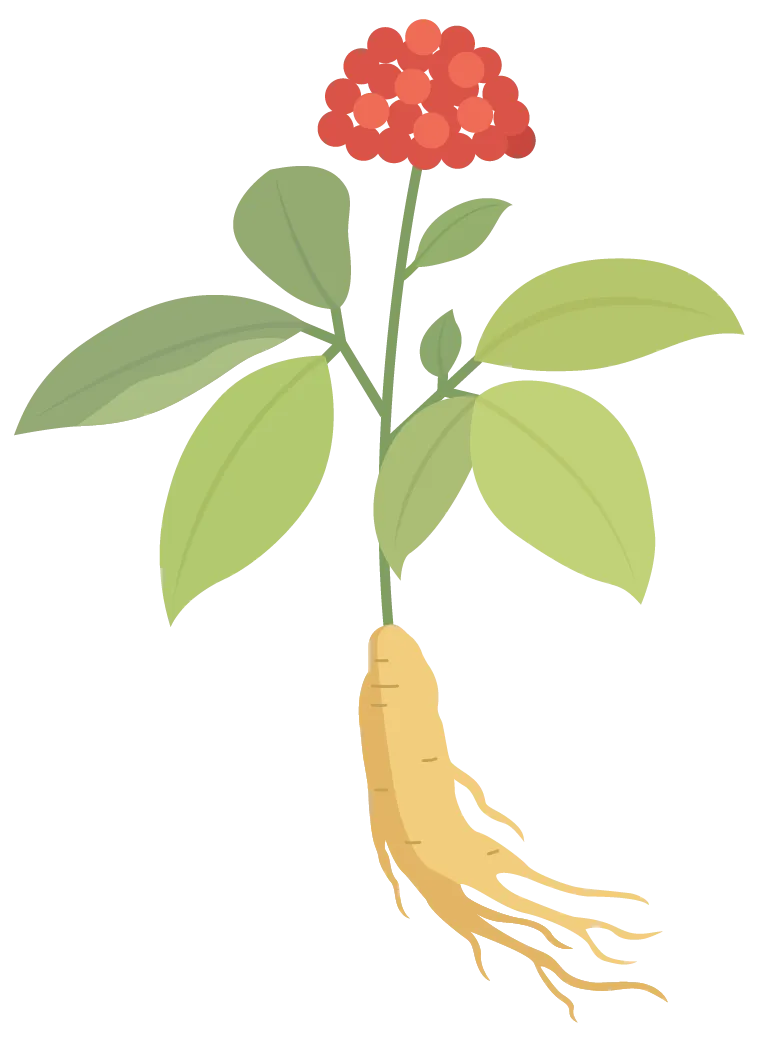 Aligning with Nature and Adapting to Seasons
Aligning with Nature and Adapting to Seasons
The natural environment of the Earth produces all living beings, including humans, who rely on this environment for survival. Like other living beings, humans are constantly influenced by the natural environment. In nature, trees bud in spring, leaves flourish in summer, leaves fall in autumn, and trees wither in winter; flowers bloom during the day and close at night; people sweat more in summer and less in winter. These are all effects of the seasonal and daily changes in nature.
Ling Shu · Xie Ke states: “Humans correspond with heaven and earth.” Here, “heaven” refers to the natural world. TCM particularly emphasizes the impact of the natural environment, such as seasons, climate, day and night, and geography, on the human body. TCM believes that changes in the natural environment affect human physiology, pathology, and outcomes, and health preservation and treatment must consider these influences.
The Huangdi Neijing emphasizes that health preservation should align with the four seasons. The changes in the four seasons have different effects on the human body, and various diseases are more prevalent at different times. For example, in spring, there is more wind, leading to an increase in infectious diseases. Stroke, allergic diseases, and glaucoma may worsen. In summer, the weather is hot, food is prone to spoilage, and there is a noticeable increase in diarrhea cases and intestinal infectious diseases, with cholera, typhoid, and dysentery occurring more frequently in this season. In autumn, the weather is dry, leading to loss of moisture in the body, resulting in dry mouth, dry eyes, and dry skin, and coughs after colds are often dry with little phlegm. In winter, the cold weather makes it easy to be affected by external wind and cold, leading to more cases of colds, and after being cold, joint pain may occur.
 Nurturing the Spirit: Calmness and Emptiness
Nurturing the Spirit: Calmness and Emptiness
TCM believes that humans have seven emotions: joy, anger, worry, thought, sadness, fear, and shock. The five organs can house the spirit, which is the material basis for emotional changes. When the qi and blood of the five organs are harmonized and functioning normally, emotional changes will also be normal. The relationship between the seven emotions and the five organs is: the heart governs joy, the liver governs anger, the spleen governs worry and thought, the lungs govern sadness, and the kidneys govern fear and shock.
Under normal circumstances, the seven emotions are different reflections of the human body to external objective phenomena and generally do not cause illness. However, sudden, intense, or prolonged emotional stimuli that exceed the body’s adaptive capacity can affect the five organs, leading to qi and blood disturbances, preventing the spirit from being housed, and resulting in disease. For example, anger harms the liver, excessive thinking harms the spleen, fear harms the kidneys, and sadness harms the lungs. We often say someone has excessive liver fire, someone is unsettled, or someone is timid.
Modern research has proven that changes in human emotions can affect the nervous, cardiovascular, endocrine, digestive, and immune systems, and many diseases are related to emotional factors, such as peptic ulcers, hypertension, hyperthyroidism, coronary heart disease, cancer, alopecia, neurodermatitis, and depression. A survey in the UK found that among 250 cancer patients, 156 had experienced emotional stimuli before their illness, highlighting the role of psychological factors in disease occurrence. Therefore, emotional nurturing is a major component of health preservation.
The method of nurturing the spirit in the Huangdi Neijing is “stillness.” It requires a calm mindset, not panicking in the face of events, remaining unperturbed by praise or blame, and being content and joyful. This harmonizes qi and blood, ensuring the safety of the five organs, preventing illness. Suwen · On the True Nature of Ancient People states: “Calmness and emptiness lead to true qi, the spirit is kept within, and where does illness come from? Therefore, the will is idle and desires are few, the heart is at peace and does not fear.”
It is essential to have a correct understanding of “calmness,” “emptiness,” “tranquility,” “careful solitude,” and “humility.” This does not mean that people should not think critically but teaches us not to indulge in wild thoughts. Thought and consciousness should have rhythm, and emotions should be moderated.
Correct health preservation does not exclude normal thinking and desires but advocates moderation. We should not be passively idle but maintain a positive attitude towards work and life, loving our work and life to achieve “calmness and emptiness” in both. We should practice “non-action,” remain unangered in the face of events, and not fear in emergencies. We should plan our actions and be tolerant towards others, with a broad mind.
 Moderate Labor: Work Without Fatigue
Moderate Labor: Work Without Fatigue
TCM health preservation also requires appropriate exercise. Suwen · Daluo Lun states: “In spring, during the third month, this is called emergence; heaven and earth are born together, all things flourish, sleep late and rise early, walk widely in the courtyard, and let the hair down.” Suwen · On the True Nature of Ancient People states: “The ancient people understood: to follow yin and yang, and harmonize with the techniques.” “Following yin and yang” means that health preservation should align with the seasonal changes of yin and yang. “Harmonizing with techniques” means choosing exercise methods suitable for one’s body.
Suwen · Yifa Fang Yi records treatment methods such as “guiding and pressing.” Modern exercise methods include qigong, tai chi, Baduanjin, walking, and calisthenics. Physical exercise should be tailored to the individual, considering age, physical strength, personality, and environmental conditions. Research suggests increasing movement by 2 minutes every hour, along with normal activities, and engaging in two and a half hours of moderate-intensity exercise weekly. Moderate-intensity exercise strengthens the heart, muscles, and bones, providing health benefits that cannot be achieved through walking alone.
Suwen · Xuanming Wuqì also points out: “Prolonged viewing harms blood, prolonged lying harms qi, prolonged sitting harms flesh, prolonged standing harms bones, and prolonged walking harms tendons; these are the five labors that cause harm.” This means that inactivity is not good, but excessive exercise is also detrimental; a balance between work and rest is essential.
 Diet in Moderation: Grains as Nourishment
Diet in Moderation: Grains as Nourishment
As the saying goes: “Food is the heaven for the people,” which highlights the importance of diet. Many diseases arise from improper diet, and there is also a saying that “disease enters through the mouth.” Suwen · On the True Nature of Ancient People states: “Diet should be moderate.” Moderation means having regular meal times, controlling the quantity of food, and ensuring a reasonable combination.
An important theory in the Neijing regarding diet is “grains as nourishment.” Suwen · Zangqi Fa Shih states: “Poison attacks the evil, grains nourish; fruits assist, livestock benefit, vegetables fill; harmonize flavors to supplement and nourish essence and qi.” Grains refer to various cereals, fruits refer to all types of fruits, livestock refer to all types of meat, and vegetables refer to all types of vegetables. TCM emphasizes that grains should be the staple food, while fruits, livestock, and vegetables should be supplementary.
This viewpoint in the Neijing aligns with the dietary structure pyramid proposed by the World Health Organization. A reasonable dietary structure can be depicted as a pyramid, suggesting to minimize high-fat and high-sugar foods, consume moderate amounts of fish, eggs, poultry, lean meats, legumes, and dairy, and to eat plenty of fruits and vegetables; grains should be the primary food.
Another meaning of “grains as nourishment” is that grains should be reasonably combined, meaning a mix of coarse and fine grains, which aligns with the theory of protein complementation in medicine. The emphasis on grains as nourishment is because they are the primary source of nutrition for the five organs and six bowels. Ling Shu · Ying Wei Sheng Hui states: “Humans receive qi from grains, which enter the stomach and are transmitted to the lungs; all five organs and six bowels receive qi.” Ling Shu · Wuwei states: “If grains do not enter, after half a day, qi declines; after one day, qi is diminished.”
TCM believes that food has five flavors: sour, sweet, bitter, spicy, and salty. The five flavors enter the five organs: sour enters the liver, sweet enters the spleen, bitter enters the heart, spicy enters the lungs, and salty enters the kidneys. Properly supplementing the five flavors can nourish the five organs, while excessive consumption of the five flavors can harm the five organs. Suwen · Liu Jie Zang Xiang Lun states: “The five flavors enter the stomach and intestines, flavors are stored to nourish the five qi, harmonizing qi leads to generation, and fluids are produced, allowing the spirit to be born.” The Neijing also suggests that diet should be appropriately controlled, stating: “Excessive eating harms the stomach and intestines.
Copyright Notice: We emphasize sharing; the images and text are sourced from the internet, and copyright belongs to the original authors. If there is any infringement, please inform us, and we will promptly delete and apologize.
Click the text below to learn more exciting content:
Fermented Chinese Medicine - A New Chapter in Inheriting Chinese Medicine Culture
Promoting TCM Culture for the Health of the People - Intangible Cultural Heritage - Intangible Herbal Communication
Intangible Herbal Communication: Usage, Applicable Population, and Precautions
What are the Advantages of Intangible Herbal Communication Compared to Massage, Moxibustion, and Cupping?
Brief Analysis: Eastern Pharmacist Exercise Therapy